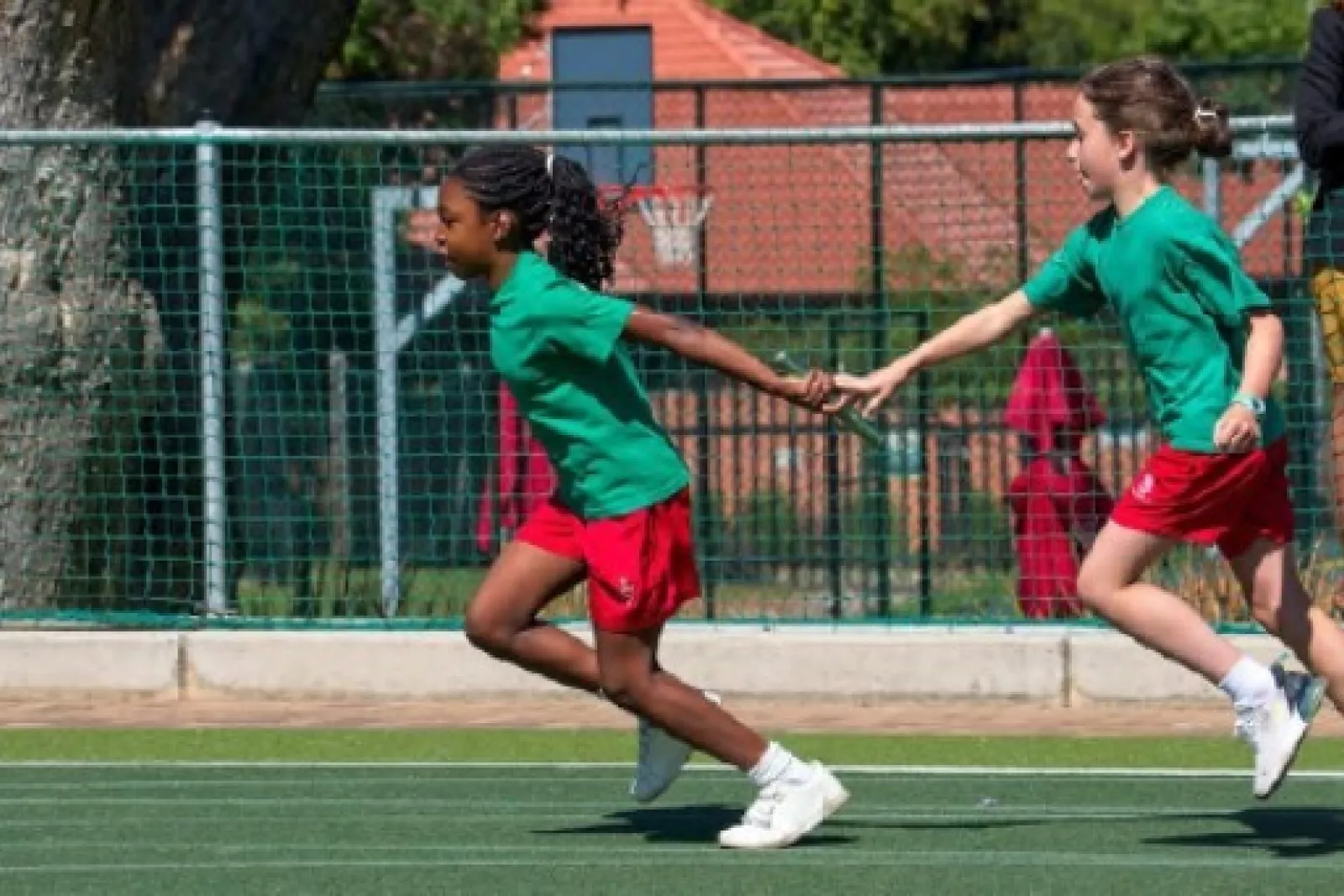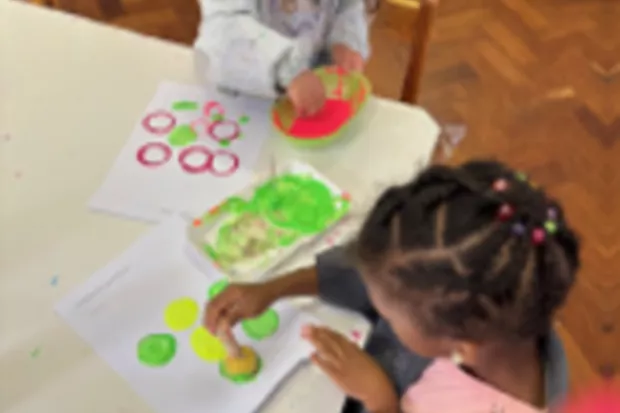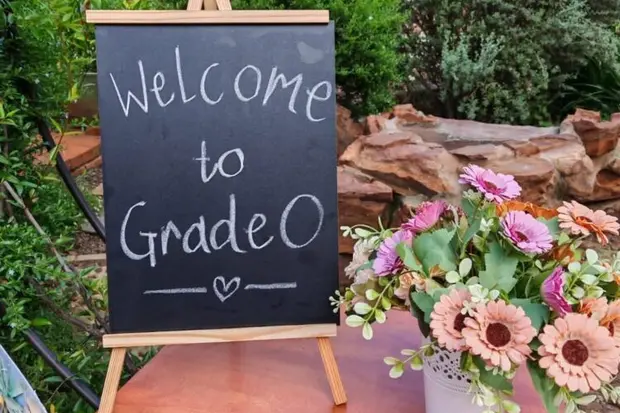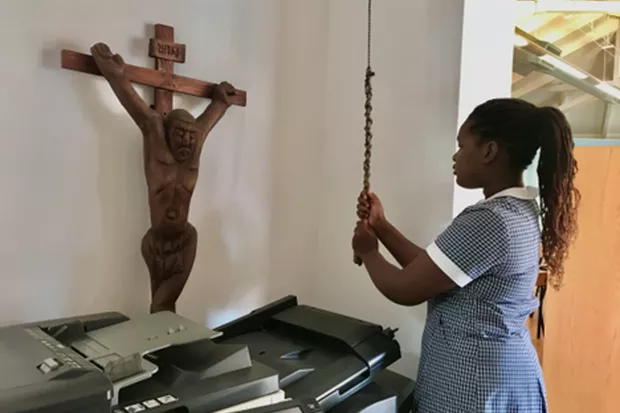From the Junior School head's desk: 26 October 2023

I know nothing about rugby. Even referring to last weekend’s semi-final match and what was variously called the Boks’ late, last-gasp or ugly win (depending on your loyalties) against their English counterparts feels like a stretch to me – but the headlines and the noise they generated over the idea of winning, not really winning, just losing, and defeat made me think.
I spent Saturday morning attending Little Saints’ magical production of The Ocean’s Got Talent and marvelling at the work on display at the art exhibition in the foyer of The Edge before rushing to St Stithians to watch the last few events on the programme at the annual inter-school Prestige Athletics meet.
St Mary’s was in the lead when I arrived, and despite suffering some exhilarating losses in the final round of relay races, the girls achieved a comfortable victory. The usual, mostly good-natured comments of “What do you feed them?” did the rounds among the heads of schools and the coaches, and the atmosphere of friendly rivalry kept me from dwelling too much on my answer – only later, when I recalled our experience at Prestige the previous year (mistakes made, batons dropped) did I revisit the question with anything like intent.
What do we “feed” our girls? On days when everything goes our way, I know the answer other schools might offer is “A diet of winning at all costs”. The way the question is phrased, the blunt transaction it describes, misses the point. It’s not what we “feed” our girls (as if education were ever a matter of consumption only), but the appetite we – our community – creates in them: an appetite for experience, opportunity, endeavour; the chance they believe they have of winning, and by extension, losing, on the day. When Kipling tells us in his poem If (a poem he rightly recognised as being “anthologised to weariness”) to “meet with Triumph and Disaster/And treat those two impostors just the same”, the point is not just that we must take the bad with the good, but more fundamentally that we must recognise the chancy, transient nature of both – and the fact that we are defined by neither.
We do not realise any of our values through the twin poles of winning and losing; we realise our values through the vagaries of participation, putting ourselves out there, doing our best, trying and failing, acknowledging our fallibility, and being as surprised by unexpected flaws as we are by newly discovered strengths. What remains when all the noise dies down – and there is noise – is the appetite for learning, changing, doing it all over again.
We find ourselves and define ourselves in the daily experience of being at school – and schools, as I never tire of saying, are places of change. We need to reflect honestly on the range of experience at a school that has the ideal of community as one of its values – something that we are always working on and towards, not a destination at which we have arrived. After all, the community is what makes it possible for us to know who we are when others might want to use our performance on a day to put us in our place.
SARAH WARNER
JUNIOR SCHOOL HEADMISTRESS
Related News

Little Saints News

Grade 0 News

Grade 7 News
